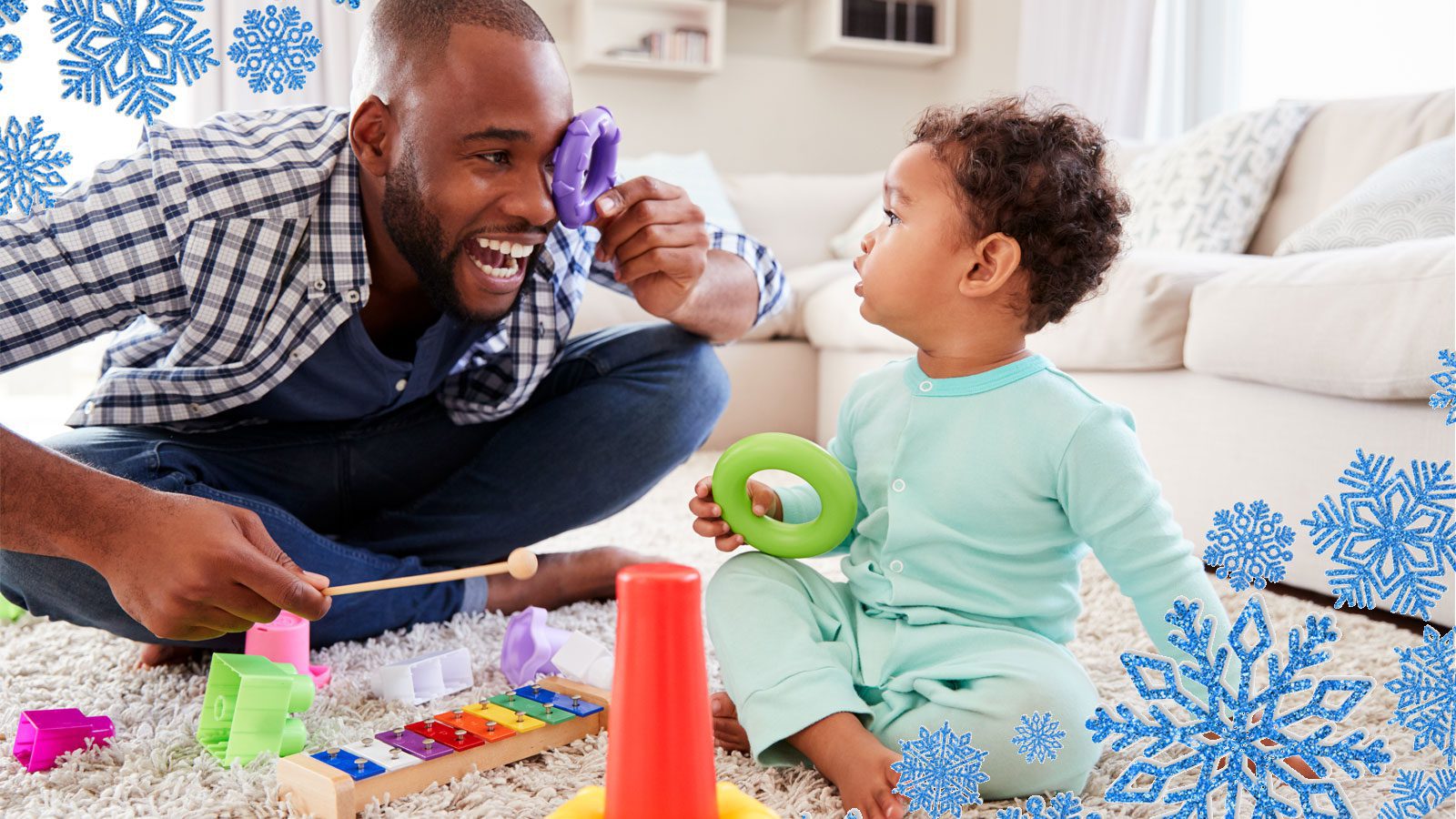Choosing the perfect children’s toys for your child is an essential task that requires careful consideration. Toys are not merely playthings; they play a significant role in a child’s development, helping to nurture their creativity, motor skills, and cognitive abilities. Selecting the right toys involves evaluating various factors to ensure they contribute positively to your child’s growth.
Safety should always be the top priority when choosing toys. It is crucial to ensure that the toys are age-appropriate and free from potential hazards such as sharp edges, small detachable parts, or toxic materials. For younger children, it is essential to avoid toys with small parts that could pose a choking risk. Always check for safety certifications and labels that indicate the toy meets established safety standards.
Another critical aspect to consider is the developmental stage of your child. Children go through various developmental milestones, and their toys should align with these stages. For instance, infants benefit from sensory-stimulating toys like rattles and plush toys, while toddlers enjoy toys that encourage stacking, sorting, and problem-solving. As children grow older, they may prefer toys that challenge their creativity and logical thinking, such as building blocks or art kits.
Understanding your child’s interests and preferences can significantly guide your toy selection process. Observing what your child enjoys can help you choose toys that will keep them engaged and happy. If your child loves music, consider musical instruments or toys that play melodies. For children interested in animals, toy farms or stuffed animals can be a great choice. Matching toys to your child’s interests not only makes playtime enjoyable but also fosters their passions and hobbies.
Durability and quality are also essential factors in toy selection. Children can be rough with their toys, so it’s crucial to choose items made from sturdy materials that can withstand wear and tear. High-quality toys may come at a higher price but often last longer and provide better value in the long run.
Toys that encourage creativity and imagination are particularly beneficial for children. Open-ended toys, such as building blocks, art supplies, or dress-up costumes, allow children to explore and create in their unique ways. These types of toys not only entertain but also help develop problem-solving skills and innovative thinking.
Additionally, consider selecting toys that promote social interaction and cooperation. Board games, puzzles, and group activities can teach children valuable social skills like sharing, teamwork, and communication. These toys are especially useful for fostering relationships with siblings and peers.
Simplicity is often key when it comes to great toys. Toys that are overly complex or do too much on their own can limit a child’s creativity. Simple toys encourage children to use their imagination and come up with their own ways to play.
In conclusion, choosing the perfect toys for your child involves balancing safety, developmental appropriateness, interests, quality, and simplicity. By keeping these factors in mind, you can select toys that not only bring joy to your child but also contribute to their growth and learning. Remember that the best toys inspire creativity, foster development, and create lasting memories.

